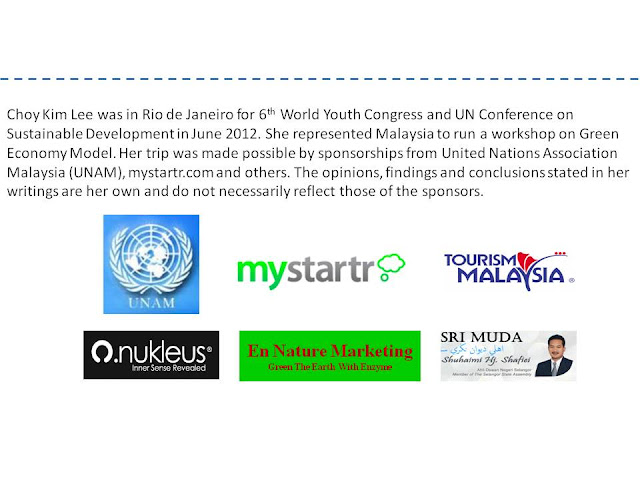
SECRETARY-GENERAL, IN MESSAGE FOR INTERNATIONAL YOUTH DAY, WARNS AGAINST CREATING
‘LOST GENERATION OF SQUANDERED TALENT AND DREAMS’
Following is UN Secretary-General Ban Ki-moon’s message for International Youth Day, to be observed on 12 August:
Today’s generation of youth — the largest the world has ever known, and the vast majority of whom live in developing countries — has unprecedented potential to advance the well-being of the entire human family. Yet too many young people, including those who are highly educated, suffer from low-wage, dead-end work and record levels of unemployment.
The global economic crisis has hit youth the hardest and many are understandably discouraged by rising inequalities. A large number have no immediate prospects and are disenfranchised from the political, social and development processes in their countries. Without urgent measures, we risk creating a “lost generation” of squandered talent and dreams.
Working with and for young people is one of my top priorities. Youth are a transformative force; they are creative, resourceful and enthusiastic agents of change, be it in public squares or cyberspace. From their pivotal role in efforts to achieve freedom, democracy and equality, to their global mobilization in support of the Rio+20 United Nations Conference on Sustainable Development, youth have energetically demonstrated yet again their capacity and desire to turn the tide of history and tackle global challenges.
Young men and women are not passive beneficiaries, but equal and effective partners. Their aspirations extend far beyond jobs; youth also want a seat at the table — a real voice in shaping the policies that shape their lives. We need to listen to and engage with young people. We need to establish more and stronger mechanisms for youth participation. The time has come to integrate youth voices more meaningfully into decision-making processes at all levels.
Around the world there is growing recognition of the need to strengthen policies and investments involving young people. On International Youth Day, I call on Governments, the private sector, civil society and academia to open doors for young people and strengthen partnerships with youth-led organizations. Youth can determine whether this era moves toward greater peril or more positive change.
Let us support the young people of our world so they grow into adults who raise yet more generations of productive and powerful leaders.








